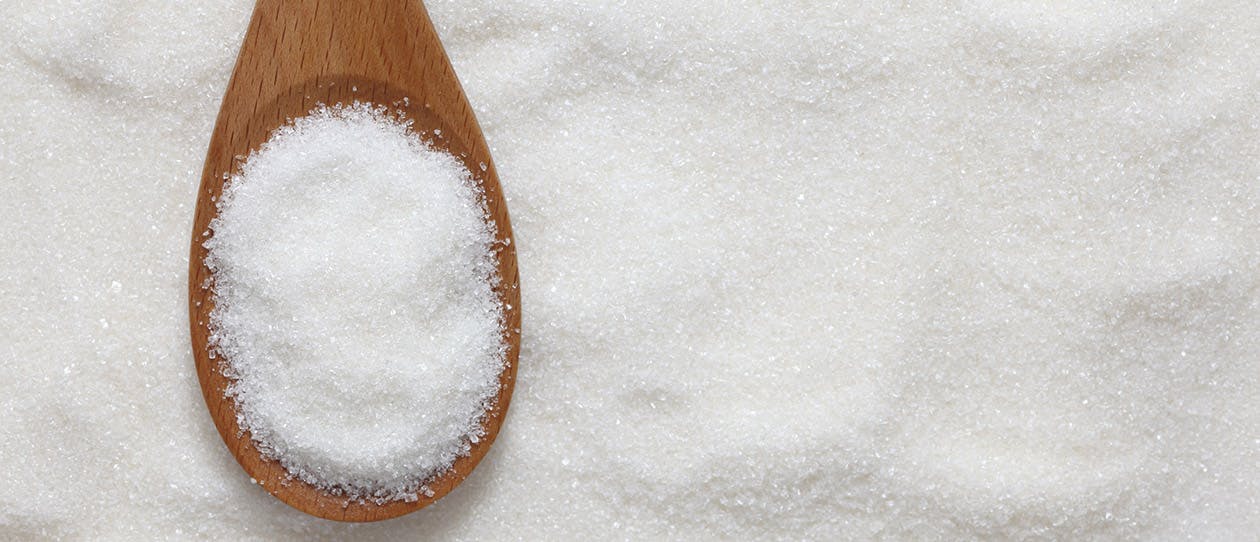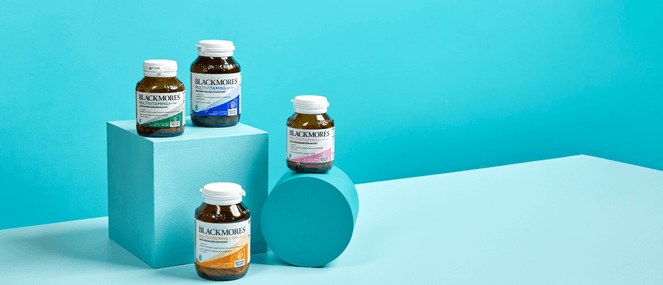
- Health hub/
- A Guide To Men's Health And Supplements/
- Connection Between High Sugar And High Blood Pressure


The increased incidence of high blood pressure in industrialized countries since the 1900’s mirrors the global rise in fructose consumption.
Fructose is a form of simple sugar that makes up half the sugar molecules in table sugar which, among other high fructose sweeteners, is commonly used in processed and packaged foods.
Fructose also occurs naturally in fruits, but the noted increase in fructose consumption is mainly due to the added sugars in processed drinks and foods. The fructose in fruit also comes loaded with fibre, vitamins, minerals and micronutrients.
The research
A recent study showed that adult men who consumed a diet very high in fructose experienced a significant rise in blood pressure after only two weeks.
Their systolic blood pressure (when the heart beats) increased by approximately 7 mm of mercury (mm Hg) and their diastolic blood pressure (between heartbeats) increased by about 5 mm Hg.
The researchers noted that the increase in blood pressure tended to be greatest during the day, when the subjects were actively ingesting their fructose.
While this study involved subjects ingesting 200 g of fructose a day, an additional study reported in the journal Clinical Epidemiology found similar results in subjects who ingested at least 74 grams per day (the equivalent of 2.5 soft drinks per day).
This study was conducted on over 4500 people with no history of high blood pressure, and the results occurred independently of other lifestyle variables such as physical activity, total kilojoule intake and total carbohydrate intake.
Cutting back on sugar
The following tips can help to reduce your sugar intake.
- Give your taste buds time to adjust to a diet lower in sugar. It may take several weeks to re-program your palate to less sweetness.
- Avoid adding sugar to foods and drinks such as breakfast cereals, tea, and coffee.
- Cut back on high sugar beverages like soft drink, fruit juice, cordial and energy drinks. Drink water, low fat milk or artificially sweetened drinks instead.
- Read food labels and seek out the lower sugar choices. Get to know the alternative names for sugar on food label ingredients lists, such as honey, sucrose, corn syrup, golden syrup and treacle.
- Cut back on packaged and processed foods, for which sugar is one of the most common food additives. Instead, try to eat more whole foods such as fruits, vegetables, lean meats and whole grains.
- Be wary of foods that may contain hidden sugars, such as sauces, breakfast cereals, biscuits, spreads and some yoghurts.
- Enjoy high sugar foods in moderation, such as cake, chocolate, ice cream, pastries and desserts, and limit them to special occasions.
References available on request




